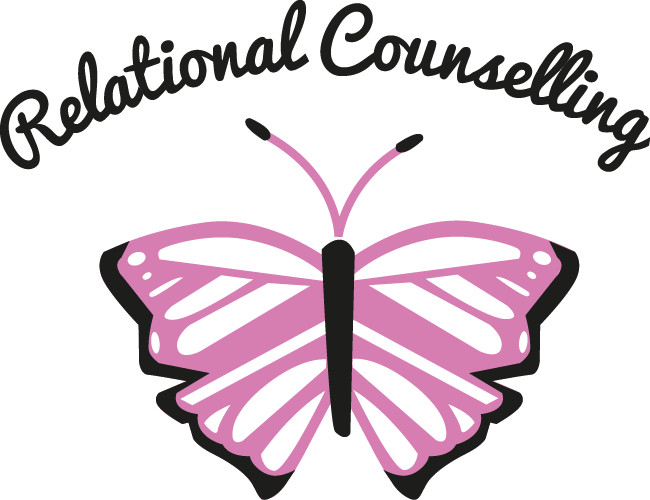Holistic Self-Care
What is Holistic Self-care?
Holistic self-care is balancing all areas of our needs so that we feel happy and loved by ourselves and others.
Some of the key areas to take care of are; emotional, physical, mental, social and spiritual needs. You may be able to identify other areas; however, for the purpose of this exercise, let’s focus on these five areas.
This exercise will help you to highlight and reflect on areas of your physical health and emotional well-being.
Identify one key area which needs the most attention.
Can you recognise behaviours which are mostly driven either unconsciously or consciously?
Tip: How to recognise an unconscious behaviour; the feeling and behaviour are intense and do not match the situation.
(At the time, did you know, or did this only come to your attention after)
How do we learn behaviours?
Sometimes during childhood, we can learn unhealthy coping mechanisms which we rely on during our adulthood. These behaviours are taught, and we internalise them through observations of significant caregivers or other role models during our early years.
Remember: If the behaviour is learnt, it can be unlearnt.
How might you change unhealthy habits?
Unfortunately, there is no magic wand, and no one can make you change. Change can be scary and difficult to implement, and there may be failed attempts, to begin with. The importance of change is being kind to yourself when you get it wrong. After all, we learn through mistakes. The key ingredient is you. You have to take responsibility for your own actions and make a conscious decision to change. You can succeed. You have known it all along and maybe chosen not to hear your inner wisdom.
Now, think about the actions you can take, i.e. What can you do? What are you telling yourself (your internal dialogue)? It may help you to reflect on previous situations. What did you tell yourself in those situations? Was this helpful or unhelpful? And what can you do today that's different, or if the previous self-talk worked, can it feel useful this time?
Are there any healthy habits? How does it feel to think about the positive aspects of yourself?
Personal growth refers to various techniques for improving your habits, behaviour, actions and reactions. Here are a few examples to clarify what personal growth is:
~Learning to manage anger
~Learning to be more motivated
~Learning to be more open-minded
~Taking responsibility for your actions
~Developing new skills
~Challenging your mindset
~Learning to have self-compassion
~Having increased self-awareness
The first step to personal growth is for you to identify negative patterns in your feelings, thoughts and behaviours. This allows you to change through choice.
This exercise may also help you highlight your strengths and healthy patterns of self-care. It's important to recognise your strengths.
Now think about an area of your life that you feel you could realistically work on. Which one would make the most difference to you and improve your emotional well-being?
Write in the boxes below your reflective thoughts of how you currently self-care or self-neglect and where or who you learnt these methods of self-care or self-neglect.
Tip: You would have observed these behaviours during your early years.
In the first column, write the identified areas. In the second column, write your feelings, thoughts, and behaviours.
Remember: There is no right or wrong answer, and this isn't a test!


